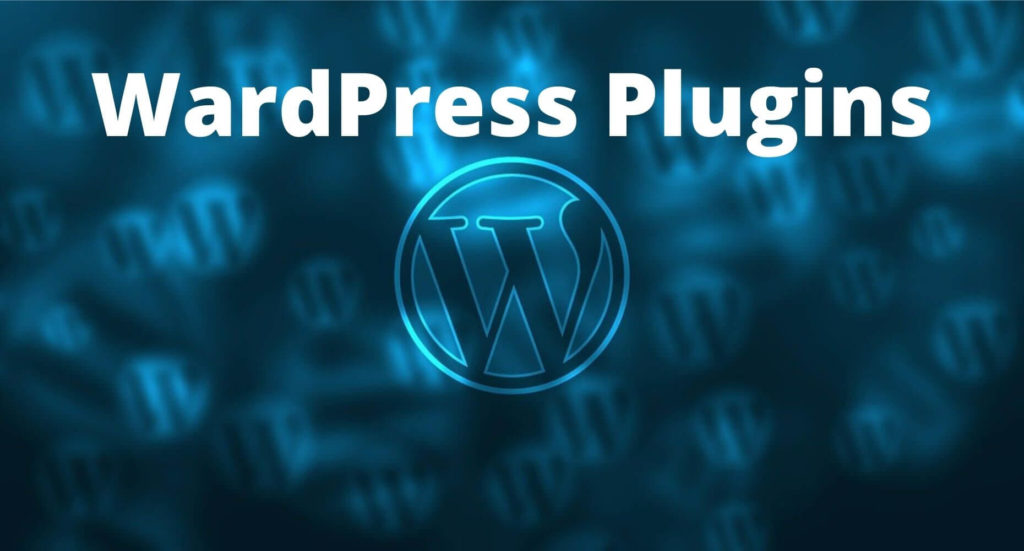Introduction
Digital entrepreneurship is a growing field that leverages blogging platforms to generate income and channel passion. These platforms offer unique features and opportunities for monetization, transforming bloggers’ passions into profitable ventures.
1. WordPress.org: The Powerhouse of Customization
Why Choose WordPress.org?
WordPress.org is a popular blogging platform that features customisable themes and plugins that enable bloggers to establish a distinct online presence while maintaining complete control over their website.
Beyond customization, WordPress.org supports various monetization avenues. Bloggers can integrate advertising through platforms like Google AdSense, allowing them to earn revenue through ad placements. Additionally, the platform supports e-commerce, enabling bloggers to sell products or services directly from their site.
The vast WordPress community ensures ongoing support and a wealth of resources for bloggers at every level of expertise. With its robust features and versatility, WordPress.org continues to be a powerhouse for bloggers aiming to maximize both creativity and revenue.
2. Blogger: Seamless Integration with Google
Harnessing the Google Advantage
Blogger a platform acquired by Google, offers bloggers a seamless integration with the Google ecosystem. This integration brings a significant advantage in terms of visibility on the world’s most popular search engine. For those just starting in the blogging journey, Blogger provides a user-friendly interface, requiring minimal setup.
Google’s AdSense integration within Blogger simplifies the monetization process. Bloggers can easily earn revenue through ads displayed on their blogs, leveraging the vast advertising network managed by Google. This makes Blogger an attractive choice for individuals looking for a straightforward way to monetize their content while benefiting from the search engine giant’s reach.
Blogger’s simplicity, combined with the Google advantage, positions it as an excellent option for beginners and those who prioritize a hassle-free setup process.
3. Medium: A Platform for Thought Leaders
Monetizing Quality Content
Medium has evolved beyond a traditional blogging platform to become a hub for thought leaders and industry experts. What sets Medium apart is its built-in Partner Program, which allows writers to monetize their content through a subscription-based model. Readers pay a monthly fee to access exclusive content, and writers receive a share of the subscription revenue based on the engagement their articles generate.
For bloggers focused on delivering high-quality, thought-provoking content, Medium offers exposure to a vast audience. The platform’s algorithms curate content, ensuring that well-written and engaging articles reach a broader readership.
Medium’s model encourages writers to produce valuable content that resonates with readers, fostering a symbiotic relationship between creators and their audience. As the platform continues to grow, it presents a unique opportunity for bloggers to monetize their expertise and insights.
4. Shopify: E-Commerce Integration for Profitable Blogging
Combining Blogging and E-Commerce
For bloggers with a keen interest in both content creation and e-commerce, Shopify emerges as an ideal choice. While primarily known as an e-commerce platform, Shopify seamlessly integrates blogging into its features, providing a comprehensive solution for individuals looking to monetize their passions.
One of the standout features of Shopify is its ability to support online stores alongside blogs. Bloggers can showcase products or services directly on their site, offering a convenient shopping experience for their audience. This integration allows for a diversified revenue stream, combining income from both blogging and e-commerce activities.
Shopify’s user-friendly interface simplifies the process of managing an online store and a blog simultaneously. For individuals looking to build a brand that encompasses both content and products, Shopify provides the necessary tools for a successful and profitable venture.
5. Wix: User-Friendly Design with Monetization Features
Monetization Made Easy
Wix has gained popularity for its user-friendly design interface, making it accessible to bloggers with varying technical expertise. Beyond its aesthetic appeal, Wix incorporates features that facilitate monetization, allowing bloggers to earn revenue while maintaining an engaging and visually appealing website.
Wix supports ad integration, enabling bloggers to display ads on their sites and earn income through ad clicks and impressions. Additionally, the platform offers e-commerce capabilities, allowing users to sell products directly through their blogs. This flexibility makes Wix suitable for bloggers seeking a platform that balances visual appeal with revenue potential.
The drag-and-drop website builder simplifies the process of creating a professional-looking blog, and the built-in SEO tools enhance the discoverability of content. Wix’s commitment to user-friendly design extends to its monetization features, making it a viable option for bloggers looking for a seamless and visually pleasing platform.
6. Ghost: Simplified Blogging with Membership Subscriptions
Embracing Membership Monetization
Ghost positions itself as a platform that prioritizes simplicity and content creation. What sets Ghost apart is its emphasis on membership subscriptions as a monetization model. Bloggers can offer exclusive content to paying subscribers, creating a sense of community and providing additional value to dedicated readers.
The straightforward approach of Ghost makes it an attractive option for those who want to focus on creating quality content without the complexities of extensive customization. The platform’s minimalist design and user-friendly interface cater to bloggers who value a distraction-free environment for their writing.
Membership subscriptions on Ghost can be tiered, allowing bloggers to offer different levels of access to their audience. This model encourages a direct relationship between bloggers and their supporters, fostering a sustainable income stream for creators who prioritize building a dedicated community.
7. Substack: Revolutionizing Newsletter Monetization
Monetizing the Newsletter Boom
As newsletters gain prominence in the digital landscape, Substack emerges as a leading platform for writers seeking to monetize their email content. Substack’s approach is centered around simplifying the process of building and monetizing newsletters, making it an attractive option for bloggers looking to leverage the popularity of this format.
Substack allows writers to charge subscribers for premium newsletter content. This model has gained traction as readers increasingly value curated, exclusive content delivered directly to their inboxes. The platform provides tools for managing subscriptions, enabling bloggers to focus on creating content while Substack takes care of the logistics.
With the resurgence of interest in email newsletters, Substack offers bloggers an opportunity to capitalize on this trend. The platform’s straightforward approach and focus on monetization make it a valuable asset for those looking to turn their written insights into a profitable venture.
Conclusion
In the ever-evolving landscape of blogging, the choice of a platform is pivotal to a blogger’s success. Each of the seven platforms mentioned above offers unique features and opportunities






